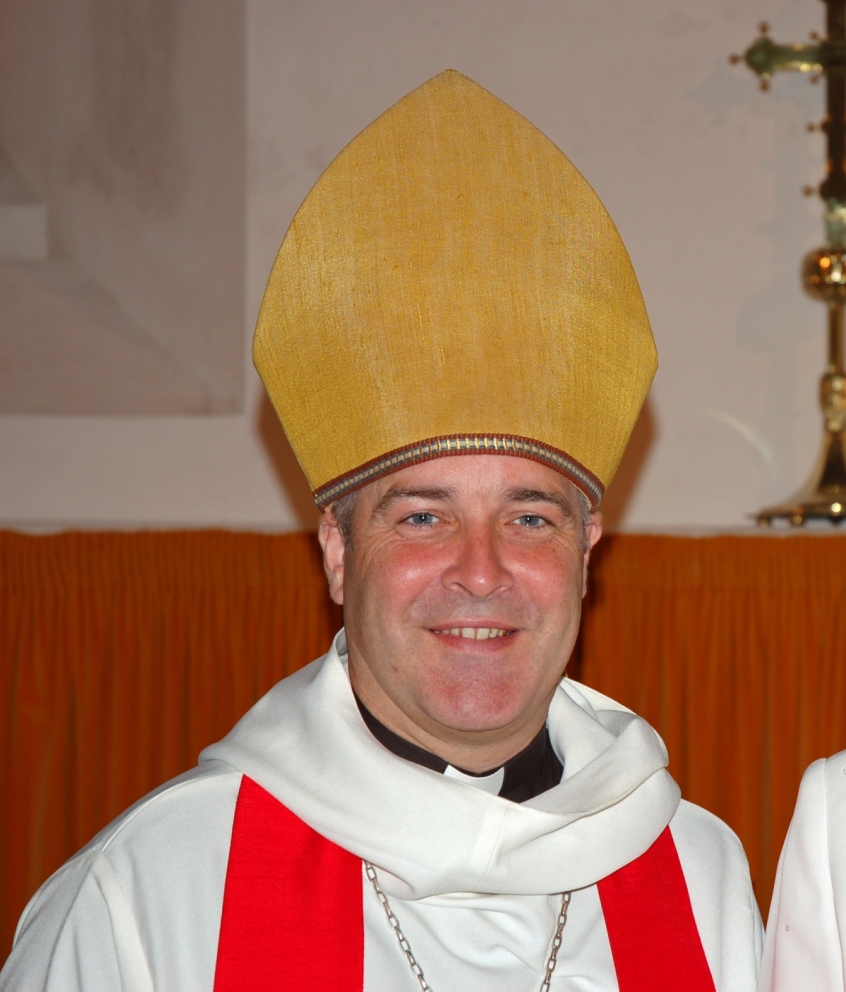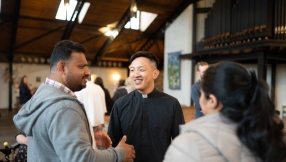
The decline in the number of self-identified religious people and in particular Anglicans does not mean the Church has failed or that Britain has become an atheist country, according to a leading bishop.
The latest findings from the annual British Social Attitudes survey show that for the first time, more than half the UK population identifies as non-religious.
Just 15 per cent describe themselves as Anglican, down from 30 per cent at the start of this millennium.
In interview for the Church of England's Stories Worth Sharing, the Bishop of Chelmsford, Stephen Cottrell, said people are still very interested in the things of faith, but don't necessary identify as religious.
Although the survey's results are a challenge to the Church's ministerial mission, it did not mean it was failing.
The survey conducted by the National Centre for Social Research showed that 53 per cent of adults have no religious belief. It also revealed there was a decline in the number of people who identified as Anglican. Out of the 2,942 adults asked, 15 per cent said they were Anglican.
Responding to the figure that 71 per cent of 18-25 year olds have no religious affiliation, Bishop Cottrell said young people are more comfortable describing themselves as spiritual rather than religious, but this often means an openness to the possibility of God 'and often a deep attraction to the person of Christ'.
He admitted it is impossible for any Christian or any Christian leader to look at the figures 'without a certain amount of despondency'.
But it was not something to panic about and Britain had not suddenly become 'a nation of atheists'.
He said: 'It awakens us yet again to the great missionary challenge we face.'
He said he knows many churches that are thriving and where people are coming to faith.
'Numbers are really important. Numbers are important because people are important.' Jesus shows us what humanity is supposed to look like, and it is important that people know about him. He said he would like it to be more people, because more people means more impact.
'In the end what matters is that we tune ourselves to the song of heaven and bring God's kingdom on earth.' Impact is important, and impact is impossible without numbers, Cottrell said.
On the disparity between the older and younger generations, he said it was particularly true of young people that they could describe theselves as spiritual, not religious. The figures represent a challenge that increases down the generations. But that doesn't mean all young people have become atheists, or would not describe themselves as spiritual. He said 'spiritual' could be described as an 'openness' to God.
'My view is what the world needs is a heart transplant,' he said, adding that if a person receives the heart of Jesus, they are more likely to build a world of peace and justice and more likely to love their neighbour. Bishop Cottrell concluded: 'Only God can change the human heart.'













